#20231101-2 WEBINAR: Finding Hope in the Face of Adversity
$15.00
Description
(November 2023) Finding Hope in the Face of Adversity
Please join us to learn how Neuroscience can help us better understand ourselves and those we care for. When a child is exposed to chronic stress, adversity, loss of primary caregiver, and/or neglect, brain development can be impacted in a significant way. This in turn influences daily function and the ability to develop in a typical manner. This can interfere with a child’s ability to learn and attach in a consistent way. This, in turn, often impacts their ability to stay focused and regulated. Gaining a better understanding of the underlying neurological mechanism of what drives these behavioral challenges assists us all in finding successful solutions.
Science is teaching us that adversity has a direct correlation to both emotional and physical health that can be passed on to future generations. We are also learning that the quality and nature of the early attachment relationship is more imperative than we ever understood. This information allows us to see the child from both their chronological age as well as their developmental age. Many children with significant adversity in their early development can present as immature – and therefore age-appropriate interventions often are not effective.
Digging into attachment theory, the development process, and the awe-inspiring capacity for the brain to heal and change, offers us all a burst of compassion, not only those we work with or care for, but for ourselves as well.
In this training, we will consider:
• How does this information relate to your work or your family?
• How can it assist children in the healing and learning process using a neurobiological perspective?
• How does our society and culture ignore our greatest biological gifts that are the potential key to lasting change?
• Lastly, but most importantly, how can we find hope?
Jan Ference, BEd, M.S in Counselling, IPMHF (Infant-Parent Mental Health Fellow) has spent her entire career working with at-risk children and their families. Jan is an adoptive Mom to a fifteen-year-old son. He has been her greatest teacher and inspires her to support the adoptive and foster care community through the shared lens of an adoptive parent as well and through the experience of adoptees. She completed her Bachelor of Education at the University of Victoria and landed her first teaching job in an inner-city school. She quickly realized that she wanted to know more about the social emotional well-being of the complex children she was teaching. She completed a Masters in Counseling program at the University of Portland.
About fourteen years ago while managing a behavior resource department for a School District, Jan’s colleague suggested she attend a three-day workshop on trauma, and that was Jan’s first exposure to Dr. Bruce Perry’s model. From that day on, she was inspired to change her practice and the systems that serve the most complex children. Jan currently mentors clinicians from around the world, who are training with Dr. Perry. She has trained thousands of colleagues in this model with the goal of changing the lens through which we see the most vulnerable families.
In 2016, Jan created and led a specialized, early intervention, trauma team. This team has had inspiring outcomes working intensely with women in the perinatal period who have Opioid Use challenges. They have been able to facilitate community system change based on the rich learnings gained from the perinatal work.
In 2016, Jan graduated from the Infant-Parent Mental Health Fellowship through University of California. This fellowship has been life changing, as the knowledge and understanding of early caregiving experiences is the key to understanding all life experiences that follow. In addition, she has recently completed the Reflective Supervision Academy 2021/ 2022, through UC Davis.
Lastly, Jan is an active and passionate National Trainer for the Brazelton Touchpoints Center. She has been leading Team Canada and facilitates multiple trainings each year which encourages and supports system transformation.
Watch time: 99 minutes
Eligible Certificate of Completion time: 100 minutes
